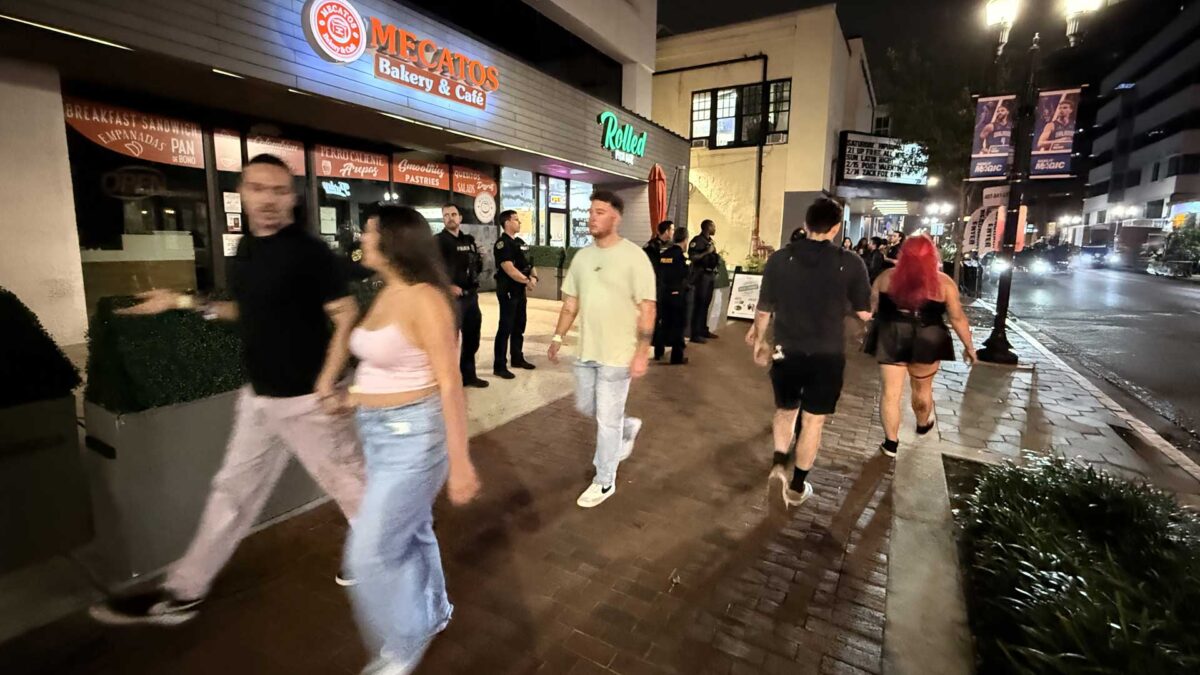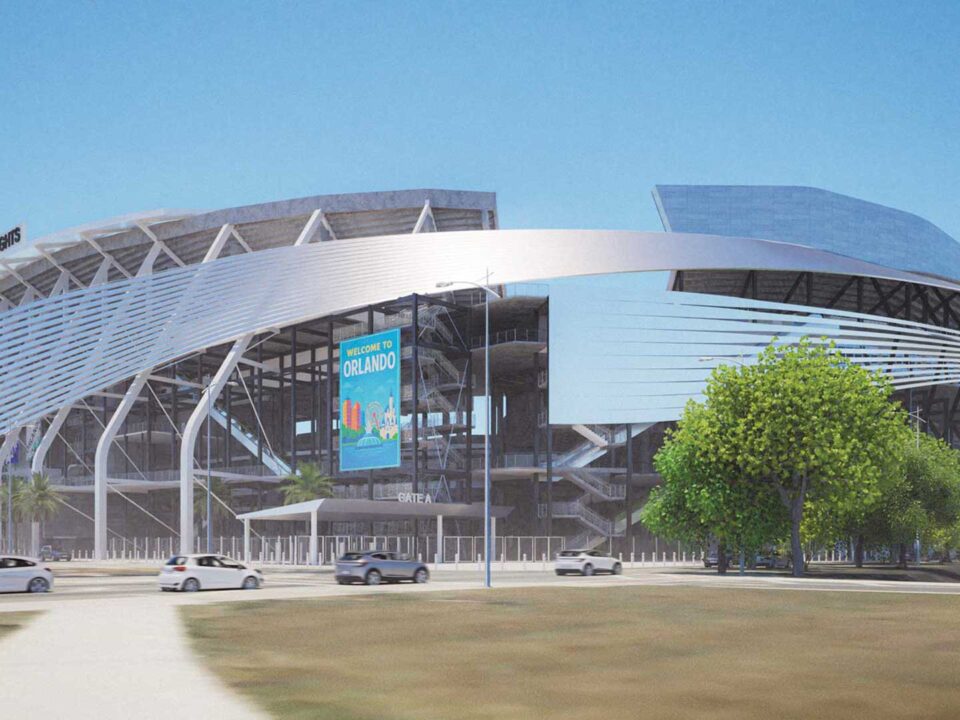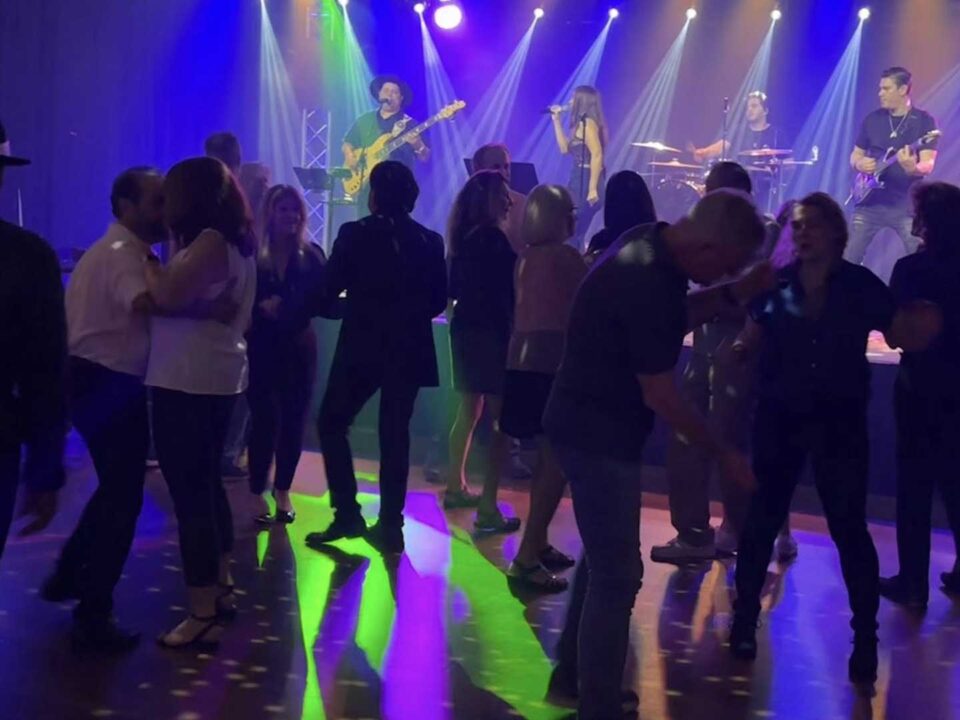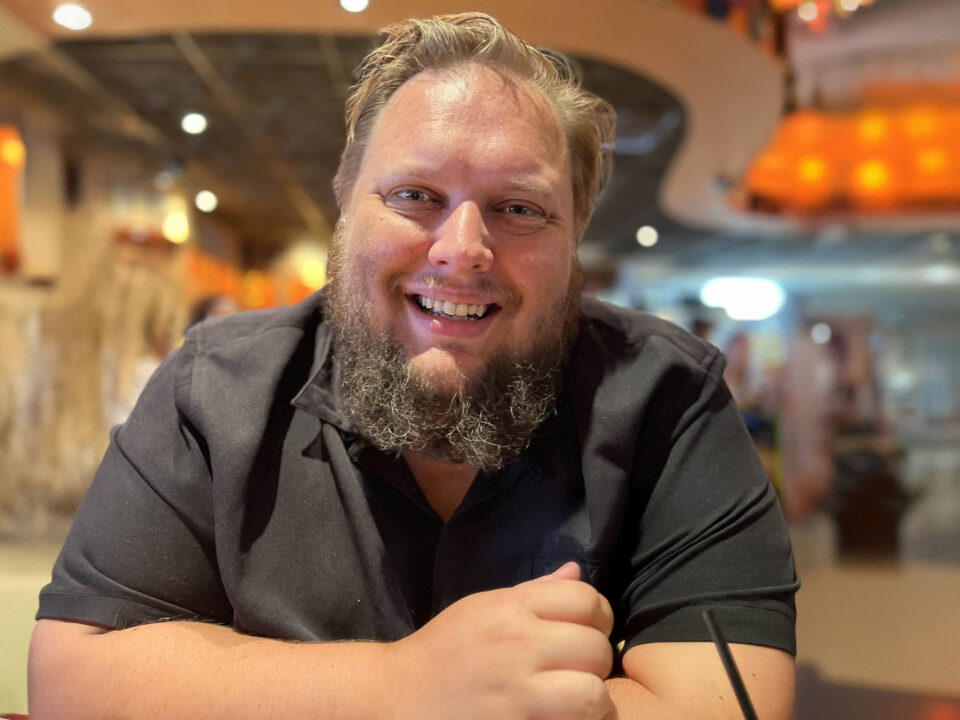
Flashy opening for revamped I-Drive lounge
May 19, 2025
Maya Café fuses culture, cuisine, and community in Winter Park
May 27, 2025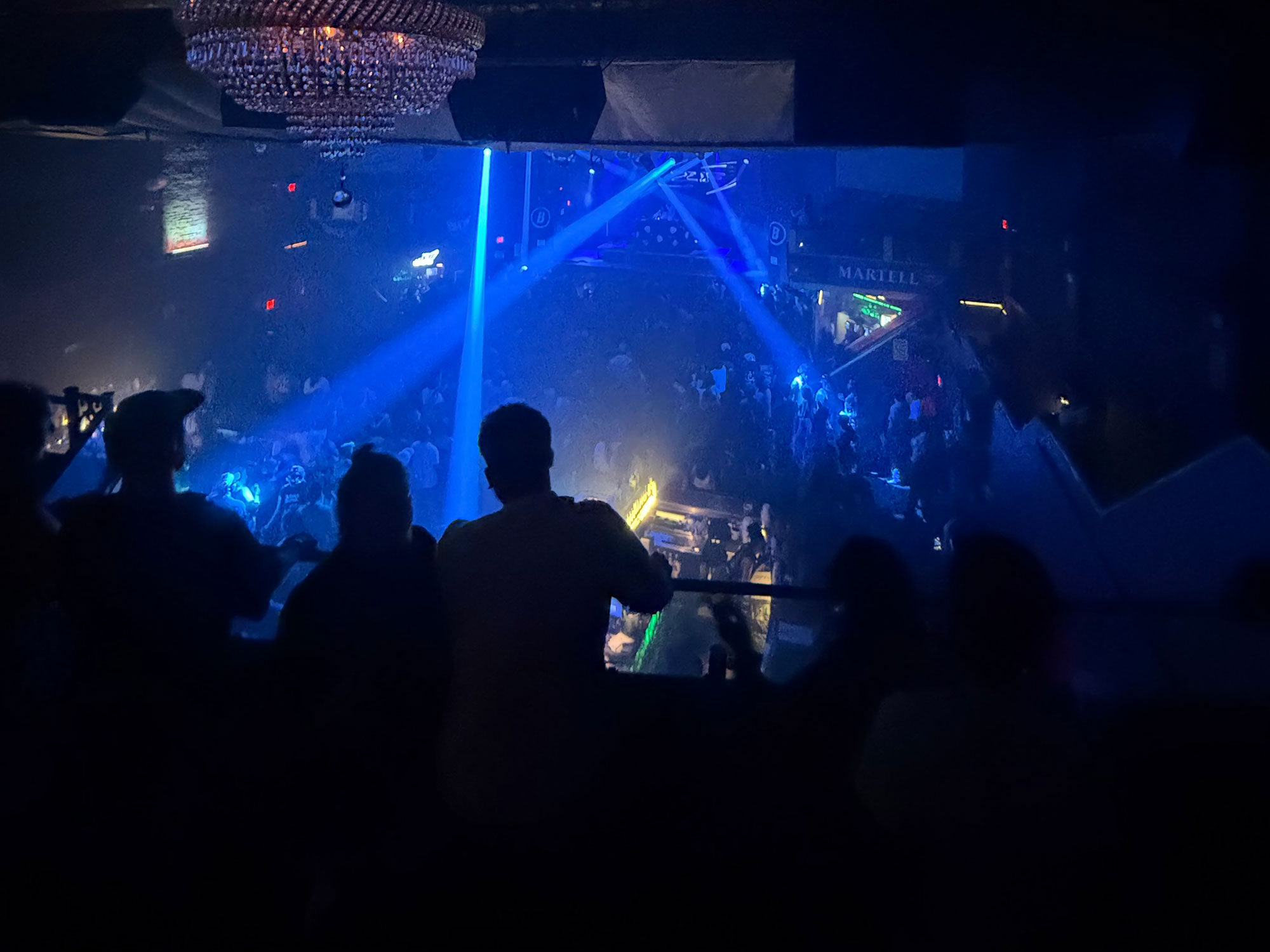
Orlando weighs the future of downtown nightlife in May 19 workshop
Downtown Orlando is at a crossroads, weighing how to balance public safety, strained city resources and a vision for a vibrant after-midnight economy.
At a City Council workshop on May 19, city officials outlined the costs and challenges of managing downtown after midnight, prompting a debate over the future of late-night alcohol sales and their role in both public safety and economic vitality.
Mayor Buddy Dyer described the situation as a balancing act: attracting people to downtown, which serves as the economic and cultural hub of Central Florida, while ensuring the city has the resources to manage the crowds. He outlined potential options, including keeping the current after-midnight alcohol sales (AMS) permit but adjusting who pays for enforcement, modifying the funding structure or amending the permit to end alcohol sales at midnight while maintaining some security measures.
Dyer said downtown policing costs the city about $6.7 million annually. He suggested pulling approximately $4 million of that from the general revenue fund, though doing so would require reallocating those dollars from other areas.
The Orlando Police Department has struggled to contain late-night violence downtown. On Halloween, a teenager shot and killed two people and injured eight others. In April, police allegedly shot and killed a man with a gun on Orange Avenue.

Content Warning: The following video contains graphic footage of a shooting. Viewer discretion is strongly advised. YouTube has restricted access due to its violent nature. You may be required to sign in to verify your age.
In response, the city is considering changes to tighten late-night alcohol policies — a move that stands in contrast to cities embracing extended nightlife as a driver of economic growth.
“My mama used to say nothing good happens after midnight,” Commissioner Robert Stuart said during the workshop. “And we've now got the figures that say nothing good is happening after midnight in downtown Orlando.”
Not everyone agrees.
Downtown event host James Cole Jr., best known as City the Host, told The Orlando Life, “When the clock strikes midnight, it’s a new day. You’re out having drinks with family and friends and there’s no better way to celebrate.”
Nitti Gritti, a DJ and music producer for artists like Bad Bunny and Enrique Iglesias, has performed in Orlando for a decade and described the city’s late-night scene as “so fun” with “a wonderful group to perform to.”
“There have been so many years in a row where I've had fun out there, walking around the streets downtown,” he told The Orlando Life. “It’s a really fun, young night life that's here.”
As doubts continue about the state of the downtown scene, Stuart said he’s open to creative ideas.
“One friend said, ‘Solve the problem by making everything open until 5 a.m.,’ so people don’t cram in at midnight,” Stuart said. “I don’t agree with that, but it’s the kind of creative thinking we need.”
In New South Wales, Australia, the government has launched “Special Entertainment Precincts,” or SEPs, that allow bars, cafes and entertainment venues to operate 24 hours a day. The first permanent SEP on Enmore Road reportedly increased foot traffic, boosted business revenue and attracted more night-time visitors. Additional SEPs are planned for the Burwood and Fairfield neighborhoods.
These districts were developed in response to unpopular lockout laws that limited alcohol service and nightlife from 2014 to 2020. While credited with reducing alcohol-related violence, the laws also led to venue closures and sharp declines in foot traffic. SEPs aim to revive nightlife while managing potential conflict between residents and businesses. Councils in these zones are empowered to extend hours, relax regulations and notify prospective residents of the area’s nighttime character.
The strategy goes beyond bars and clubs, encouraging nighttime food, retail, culture and markets as part of a broader economic vision. Back in Orlando, Dyer’s option to end alcohol sales at midnight was met with some skepticism. Commissioner Shan Rose said similar restrictions in other cities have not stopped violence and pointed instead to the presence of legally carried firearms under state law. She argued that security measures like ID scanning and metal detection across all venues would do more to keep weapons out and reduce risks.
Commissioners also emphasized the need to diversify downtown beyond the late-night bar scene and avoid unfairly punishing existing businesses. Rose urged her colleagues to collaborate with business owners on safety measures rather than implement policies perceived as punitive, warning that closures would harm employment in her district.
City the Host agrees that job creation resulting from a healthy nighttime economy is crucial.
“Nightlife has helped all kinds of people, including doctors, lawyers and lawmakers, work at night so they could go to school during the day,” he said. “As a high school dropout myself, the nightlife helped provide for me and my family and make a better life for us.”
For more content on local Orlando, sign up for our newsletter and follow us on Instagram

